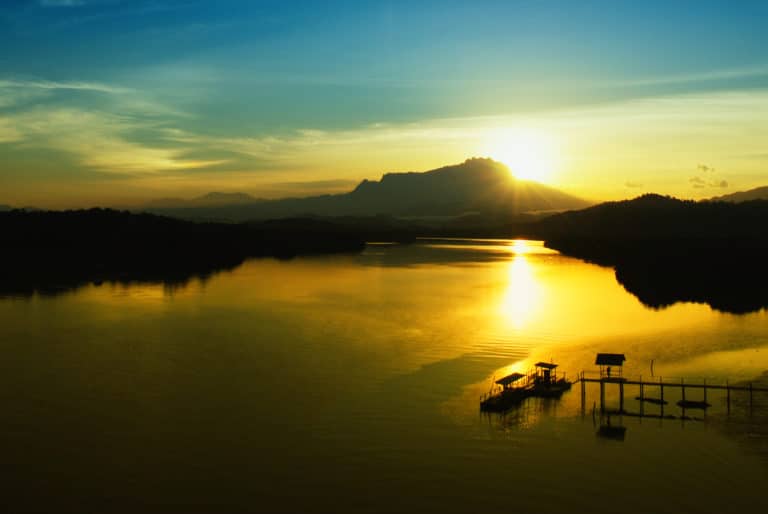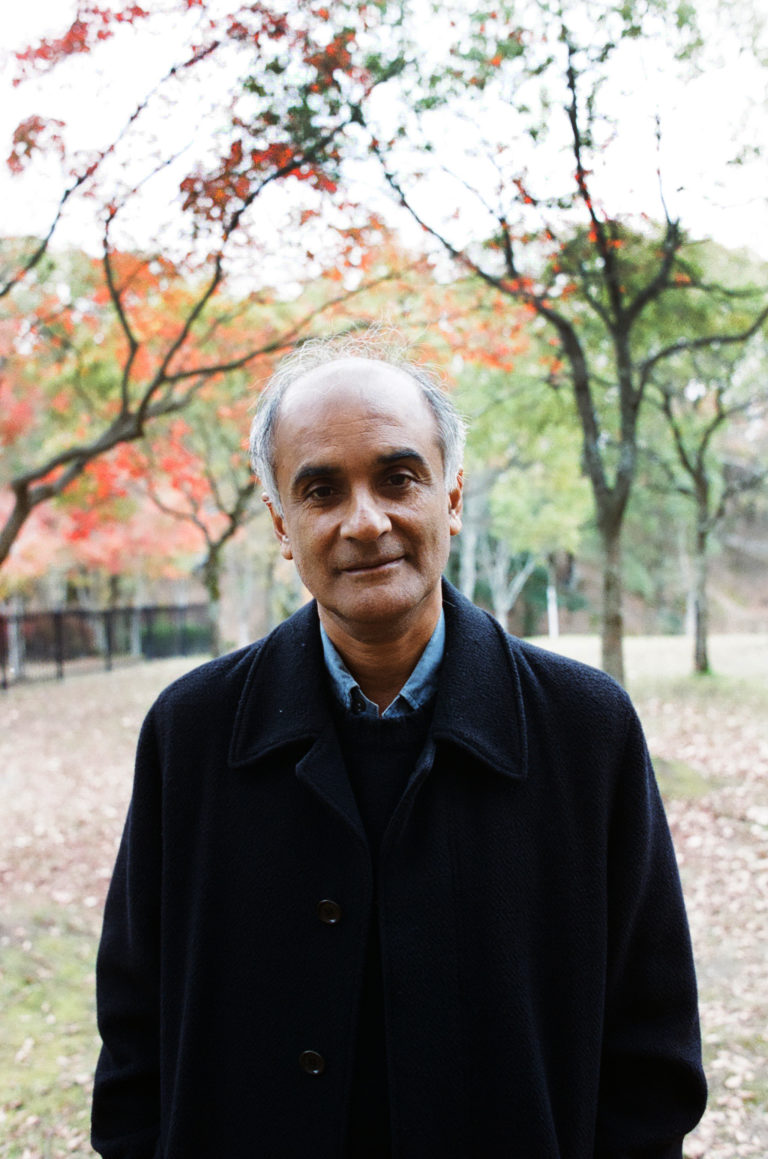
Image by Kevin Wasilin.
When the Mountain Whispers
Many people I know are consumed with wanderlust. Some are pursuing it, satisfying their desires of traveling the world. These are the fortunate ones, the smart ones who are aware of the things that matter to them despite whatever situations they’re in.
Some keep their yearnings hidden, denying while secretly pining to see the lands across the seas. For them, life goes on no matter what. Some are still working hard, endlessly saving money (maybe they already have more than enough), hoping that one day they can travel the world to see what they want to see, to feel, to experience, and to learn something from wandering about the face of the Earth. But what does it truly mean to travel the world?
Everyone has a subjective reason for traveling the world. It could be for the sense of getting lost in unfamiliar places, to find one’s “self” and to truly understand it. Or, perhaps, it’s for the sheer, luxurious bliss of spending the wealth they’ve accumulated from hours of tiresome jobs, to release and to forget the lives they have back in their homes. Some travelers might be looking for answers to their questions, feeding their endless curiosity about the people and the foreign lands they’re in. Whatever the reason, I believe there’s something spiritual about traveling, regardless of where a traveler is wandering about.
My wandering mostly lies in my writings and readings; I’m not physically traveling but spiritually I am, for my soul is fed just like a traveler with his satisfied wanderlust. Nevertheless, traveling physically is different from traveling through books and words because everything is real: the thrill of getting lost, the fear, the joy, and the awe have different intensities. Some of my traveling experiences were profound moments that have shaped the person I am today.
Everybody is a traveler and is traveling, whether they know it or not. Because life is a journey — a phrase that we often hear but has become a cliché, has lost its meaning like the horizon we grew up seeing. We have forgotten to see and to notice its beauty. It was only this summer when I visited my parents’ house — my childhood house — that I truly saw and noticed the great Kinabalu Mountain: the dark blue rock stood majestically against the cloudless, late afternoon sky and the green hills, the rainforest that adorned the mountain’s feet.

I asked myself, “How could I miss this after all these years?” In that moment, I felt there was something the mountain was trying to tell me, something that I needed to know and learn. It was a subtle whisper to my spirit. I understood it, yet I couldn’t express it in words. It was mysterious, unfathomable but satisfying. Perhaps this was what Adrienne Rich meant in the lines of her poem “A Valediction Forbidding Mourning”:
These images go unglossed: hair, glacier, flashlight.
When I think of a landscape I am thinking of a time.
When I talk of taking a trip I mean forever.
I could say: those mountains have a meaning
but further than that I could not say.
Indeed, there are meanings in every creation, and these meanings are waiting to be discovered and to be understood. I believe that they are letters from the Creator to us, written in a “common language” that English, Mandarin, Latin, and other languages on Earth cannot not capture. It is a code-less language that connects every soul on Earth.
Today, our advanced technology makes it easy for us to forget, and to become preoccupied with capturing moments with our cameras and sharing them on social media. It becomes easy for us to forget to be truly present in beautiful moments.
Sometimes we miss the chance to see, to live, and to thrive in our experiences. It’s not wrong to capture moments with our cameras. I’ve done it and I’m still doing it, but there are times when I look through my photos after my travels and am amazed at the beautiful moments I’d captured, yet I forget what these frozen moments meant to me and what it felt like when I was in them. I’m missing out on a lot of things, traveling and looking with my camera instead of my eyes, my spirit, and my soul. I feel as though I’ve been traveling blindfolded, capturing beautiful moments without listening to the whispers of the “common language.”
I think some moments are worthy to “go unglossed” once in a while. They are meant to be lived out. The opening stanza of Walt Whitman’s poem “Eidolons” says:
I met a seer,
Passing the hues and objects of the world,
The fields of art and learning, pleasure, sense,
To glean eidolons.
After reading this, I asked myself: Am I not passing the hues and objects of the world as well? Am I not a seer? Instead of meeting the seer to learn what he has learned in his travels, why don’t I become a seer myself, “passing the hues and objects of the world, / the fields of art and learning, pleasure, [and] sense”? The only difference between the seer and myself is that the seer sees and is aware of the things that matter to him, and from these experiences he gleans eidolons. I was not doing that, but I’m aware of that now. I can be that seer too, and I am learning to glean eidolons.

Recently, I read Cheryl Strayed’s memoir, Wild: From Lost to Found on the Pacific Crest Trail. When I finished reading it I felt as though I had hiked with her, and had seen the PCT through her eyes. I learned that Strayed had been living in her past and that she was scared of the uncertainty of her future. She forgot about living in the present. With her past haunting her, the hike was merely about existing and surviving rather than living and thriving.
Only when she was done hiking, while she was sitting on a white bench, internalizing what she’d been through along the PCT, did she notice the present and how uncontrollable life is. “It was my life,” she said, “like all lives, mysterious and irrevocable and sacred. So very close, so very present, so very belonging to me. How wild it was, to let it be.” Cheryl Strayed had seen, listened, lived, and thrived in that moment, “unglossed”! The hike was her metamorphosis into a beautiful seer.
Whether physically or spiritually, traveling is meant to reveal meanings — the eidolons — through interactions and spiritual internalizations of the “common language.” These meanings matter to the mind, spirit, and soul. We need them to evolve. I realized on that day at my parents’ house, while I was sitting outside facing the Kinabalu Mountain in reverie, that I can only see, notice, and listen to the subtle whispers of the mountain and of nature when I allow myself to open up to vulnerability and my uncertain future, flourish from my past, and be present in the moment.
As the blue sky slowly filled with an apricot tint, I promised to myself that the next time my soul cried out to me to open my eyes and ears to the things that really matter, I would always be ready to see and listen, and to glean eidolons “unglossed.”


